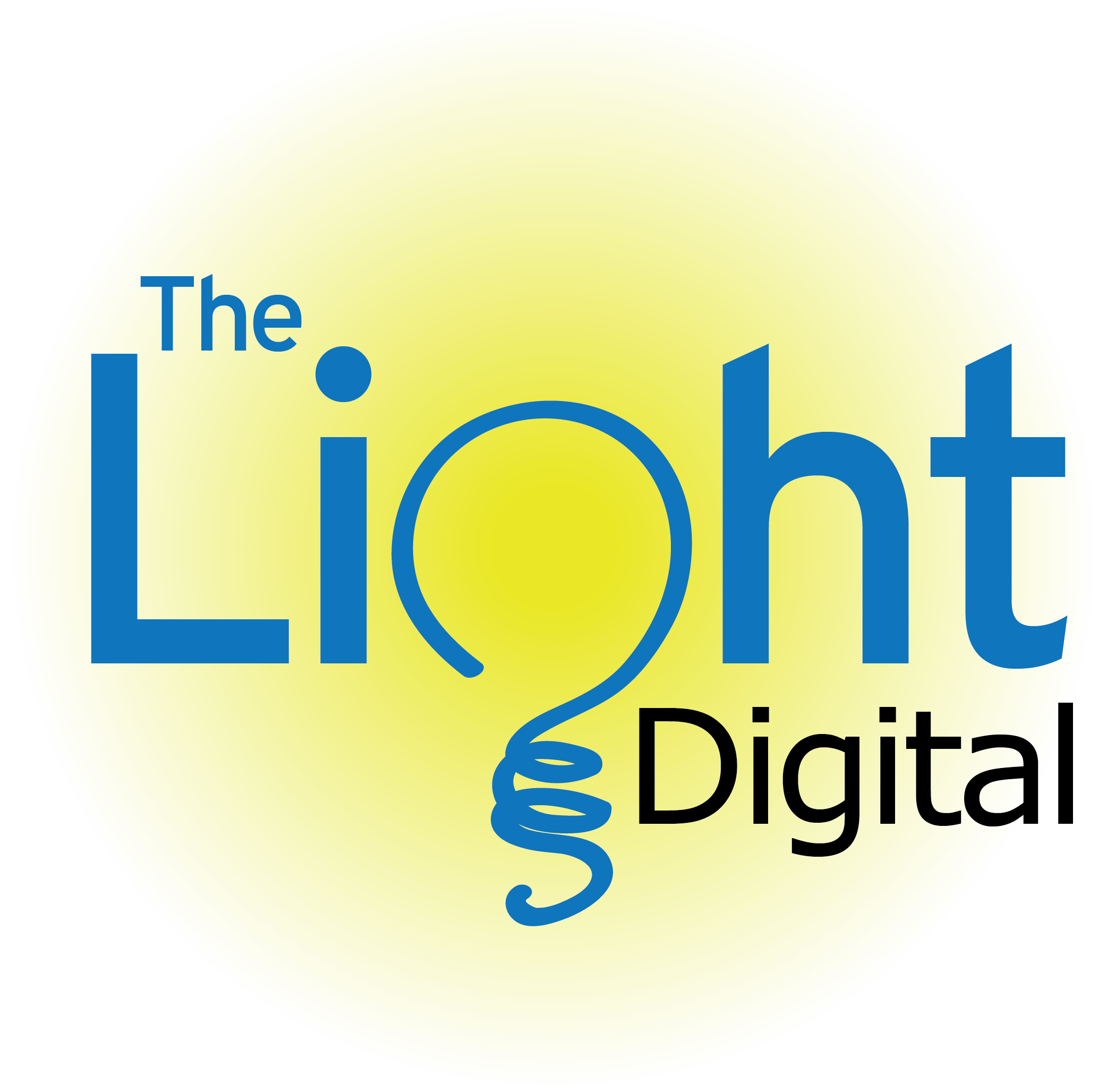 Brand awareness is a hot button topic across the marketing industry. The term gets thrown around with such casual abandon, though, that its true meaning may become obscured. Read on to learn what brand awareness is, how important it is to your business and how it compares to other types of awareness your business should pursue.
Brand awareness is a hot button topic across the marketing industry. The term gets thrown around with such casual abandon, though, that its true meaning may become obscured. Read on to learn what brand awareness is, how important it is to your business and how it compares to other types of awareness your business should pursue.
More Than a Name
You certainly want your target market to know the name of your business, but that isn’t enough. You don’t want your business to be a face without a personality. True brand awareness happens when consumers know all about your business’s reputation, products and services. Essentially, your brand should tell your customers everything they need to know about your business as well as differentiate you from competitors. Remember that your brand incorporates what your business does, what you want it to be and how customers perceive you.
Healthy brand awareness gives your products an edge. This means that thanks to a sterling reputation, you can charge more than your competitors for a similar product because consumer trust adds value to what you sell. Think of high-end brands like Lancôme and Coach. The products are high-quality, but consumers would be less likely to buy them if the products came without the prestigious names and reputations.
Types of Brand Awareness
There are two levels of brand awareness:
- Aided awareness means that if shown a list of brands, consumers will identify with some names more than others. For example, customers may not often think about types of toothpaste, but when they are shopping in a toothpaste aisle, they will reach first for the brands they recognize.
- Top of mind awareness is when a certain brand is the first thing that comes to mind within a product category. No additional prompting is necessary.
Both types of awareness are valuable, but top of mind awareness carries more power. Some brands have such high levels of awareness that their products come to define a category of items. For example, Band-Aid is a brand, but people call any adhesive bandage a Band-Aid. Similarly, Levis are often synonymous with blue jeans.
Beyond Brand Awareness
Brand awareness is not the only “awareness” buzzword that floats around marketing circles. You may also hear about consumer awareness, which centers on educating consumers about the benefits of your offerings. There’s also product awareness, which focuses more on specific products than on a brand. This relates to a consumer’s familiarity with certain product features, making it more in-depth than general brand awareness.
Commercial awareness receives fewer mentions within marketing because it relates to how well employees within a business know your company and the industry in general. A high level of commercial awareness can help you develop marketing strategies that take your competitors’ activities into account.
Don’t let all the noise around brand awareness stop you from seeing what it really is — a tool to help you build a relationship with your target audience. Brand awareness spreads the word about your business’s personality and engenders trust between you and the people you most want to reach.






